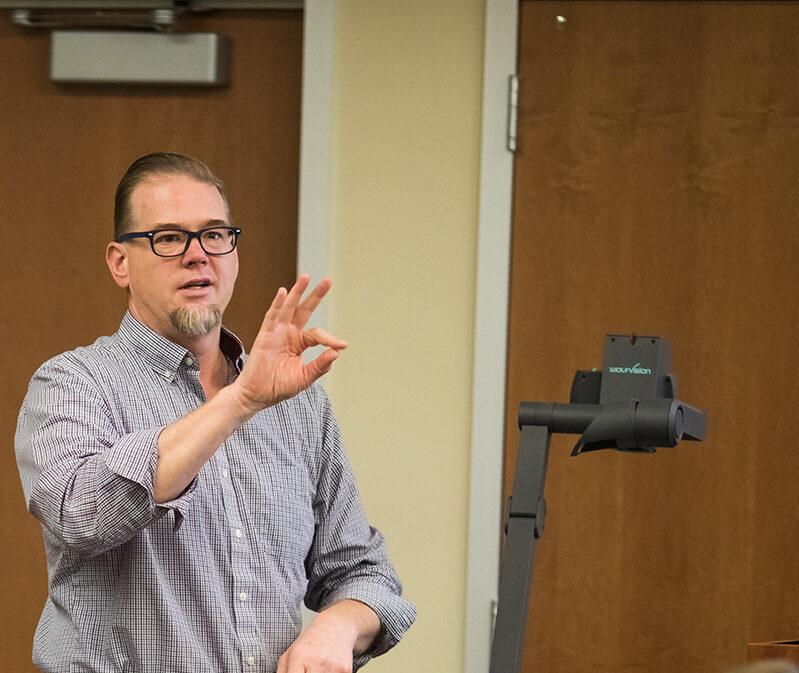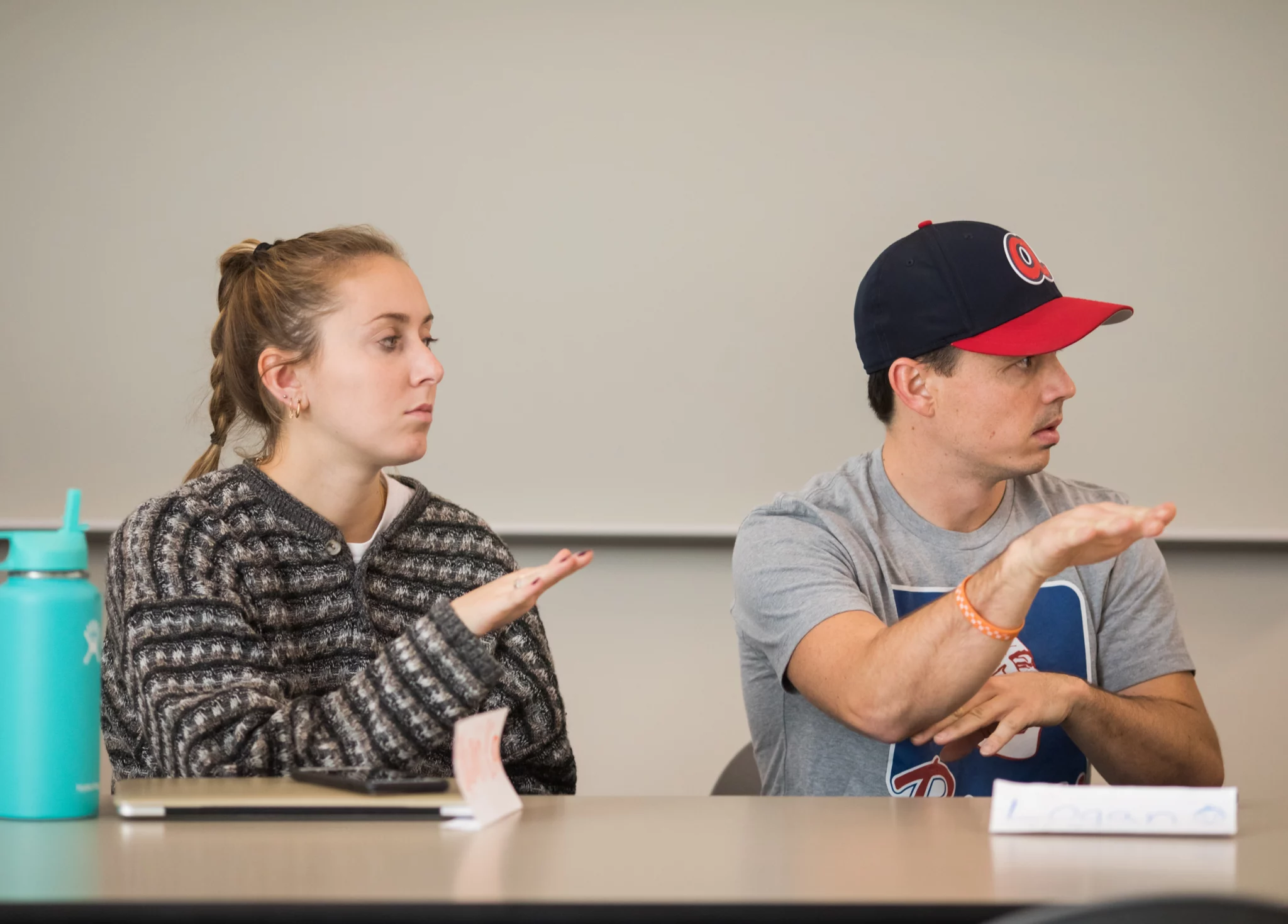Online Graduate Certificate in American Sign Language Education
American Sign Language Education
Program Overview
Did you know there’s an increasing need for American Sign Language teachers in K-12 schools nationwide? This is particularly true in Tennessee public schools. Earn your online ASL graduate certificate to meet this demand! The University of Tennessee, Knoxville, offers an online Graduate Certificate in American Sign Language Education. This fully online ASL graduate certificate program is for licensed teachers. Apply if you have completed an undergraduate degree and can demonstrate an advanced or higher level on the Sign Language Proficiency Inventory (SLPI) or a 3+ or higher on the American Sign Language Proficiency Interview (ASLPI).
Secure Credentials to Teach Sign Language
The need for American Sign Language teachers nationwide in the K-12 school system is increasing, particularly in Tennessee public schools. The American Sign Language (ASL) Education graduate certificate is designed for licensed teachers interested in adding an ASL Education PreK-12 teaching endorsement. Coursework can also be tailored for persons interested in teaching American Sign Language at the post-secondary level.
Request Information
Program Concentrations
The online American Sign Language Education Certificate at UT has two academic pathways for professionals to meet educational teaching requirements and endorsements.
Featured Courses
Examples of courses for the American Sign Language Education Graduate Certificate include:
Provides an opportunity for ASL students to explore various genres of literature by and about d/Deaf people. Concentrates on d/Deaf characters and the influences of Deaf culture and history on literacy works from early 1900s to the present. There will be extensive use of videotaped materials. Course content will include viewing and discussing works performed by Deaf poets, writers, dramatists, and storytellers. Taught in ASL.
Introduction to grammatical and linguistic structures of ASL. Language variations, discourse, bilingualism, and language contact are also covered. Conducted in ASL.
ACTFL standards-based instructional methods, resources, integrated technologies, second language theories, research, and evaluation for world languages.
Comprehensive overview of historical and socio-cultural aspects of the Deaf. Students will explore beliefs, theories, and evidence about the historical experience of Deaf people; the influence of geographic, cultural, educational, and economic forces on Deaf people; concepts and implications of disability theory; and social and medical models as ways of defining the Deaf population.





